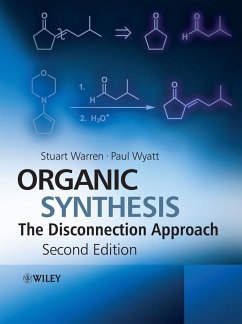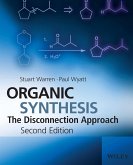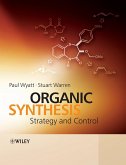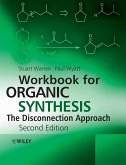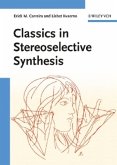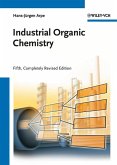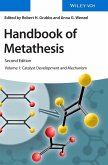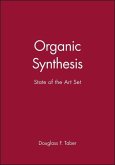Organic Synthesis: The Disconnection Approach is the long-awaited second edition of a classic textbook; the first to provide a structured course in retrosynthesis- now an important technique used by generations of organic chemists. Now fully revised and updated with a modern look, 25 years of advances in organic synthesis are reflected with the addition of new examples and synthetic pathways. Additional material has been added to take the student to the level required by the bestselling sequel, "Organic Synthesis: Strategy and Control" and the later chapters have extensive new material based on courses that the authors give to chemists in the pharmaceutical industry.
Hinweis: Dieser Artikel kann nur an eine deutsche Lieferadresse ausgeliefert werden.
Hinweis: Dieser Artikel kann nur an eine deutsche Lieferadresse ausgeliefert werden.
This is a book which will change the way you think about making molecules. (Chemistry World, July 2008)
The authors can be commended on producing a really useful and enjoyable new book on Organic Synthesis. (Reviews, June 2008)
"The authors have spent approximately ten years putting this excellent book together, and their hard work has paid off." (Journal of Chemical Education, May 2008)
"Of interest to the experienced practitioner looking to broaden (or reawaken) awareness of the remarkable diversity of available synthetic transformations"(Journal of Medicinal Chemistry, 2008)
The authors can be commended on producing a really useful and enjoyable new book on Organic Synthesis. (Reviews, June 2008)
"The authors have spent approximately ten years putting this excellent book together, and their hard work has paid off." (Journal of Chemical Education, May 2008)
"Of interest to the experienced practitioner looking to broaden (or reawaken) awareness of the remarkable diversity of available synthetic transformations"(Journal of Medicinal Chemistry, 2008)
